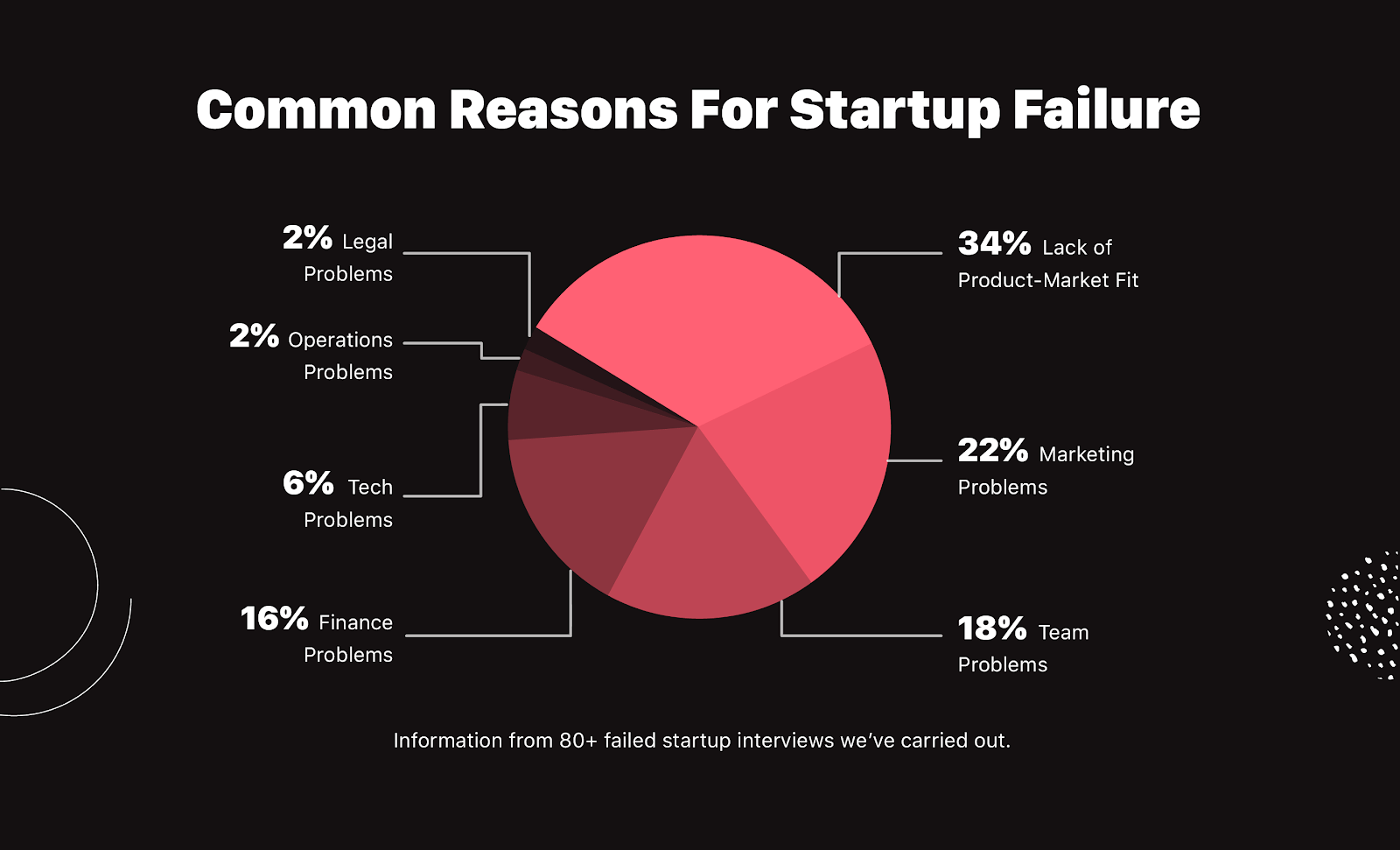
Branding Disruptions: Startups Challenge Established NormsBranding Disruptions: Startups Challenge Established Norms In today’s rapidly evolving business landscape, startups are emerging as powerful challengers to established brands, disrupting traditional branding norms and redefining industry standards. Challenging Traditional Marketing Techniques: Startups often employ unconventional and disruptive marketing tactics that challenge the status quo. They leverage social media, influencer marketing, and user-generated content to connect with audiences in a more authentic and relatable way. By bypassing traditional advertising channels, they save on expenses and reach new demographics. Redefining Brand Identity: Startups are not afraid to experiment with their brand identity, breaking away from the familiar aesthetics and messaging of established brands. They embrace bold colors, unconventional fonts, and disruptive slogans to create a distinct and memorable presence in the market. This approach allows them to differentiate themselves and appeal to a niche audience. Customer-Centric Focus: Startups prioritize customer experience above all else. They listen attentively to customer feedback, gather data to tailor their products and services, and respond promptly to inquiries. This customer-centric approach builds loyalty, generates positive word-of-mouth, and drives repeat business. Digital Transformation: Startups leverage digital platforms and technologies to engage with customers, distribute their products, and optimize their operations. They embrace e-commerce, mobile applications, and cloud-based solutions to reach a global audience and streamline their processes. Examples of Disruptive Startups: * Casper: A sleep-tech startup that disrupted the mattress industry with its online sales model and innovative designs. * Peloton: A fitness company that revolutionized indoor cycling with its connected bikes and live streaming classes. * Warby Parker: An eyewear brand that introduced a direct-to-consumer model and offered affordable, high-quality eyeglasses. Impact on Established Brands: The rise of disruptive startups has forced established brands to adapt and innovate. They must: * Embrace digital transformation and adopt new technologies. * Focus on customer experience and build strong relationships. * Differentiate their brand identity through unique value propositions. * Monitor emerging trends and be willing to experiment. Conclusion: Startups are not merely competitors; they are catalysts for innovation and disruption. Their willingness to challenge established norms and embrace new approaches is reshaping the branding landscape. Established brands that fail to adapt will risk being left behind in the digital age.
Posted inNews